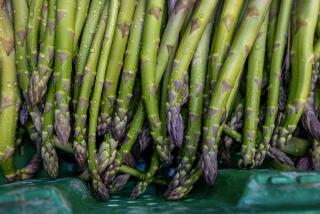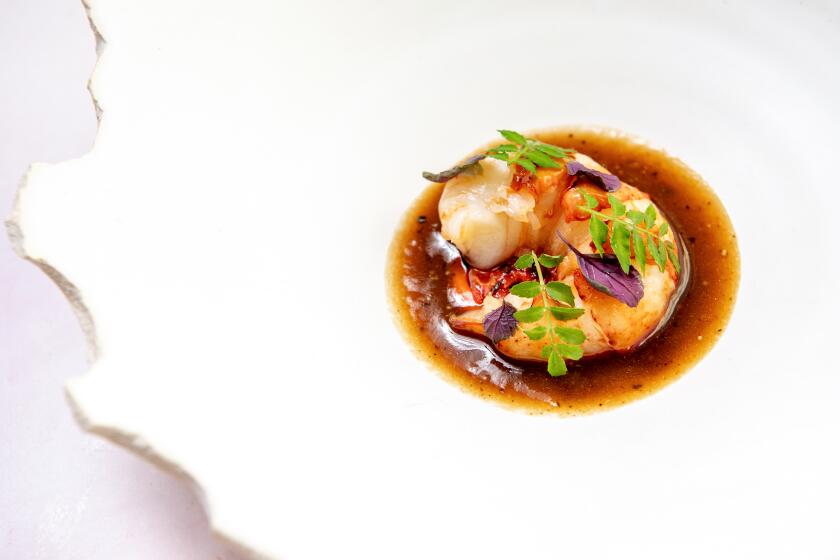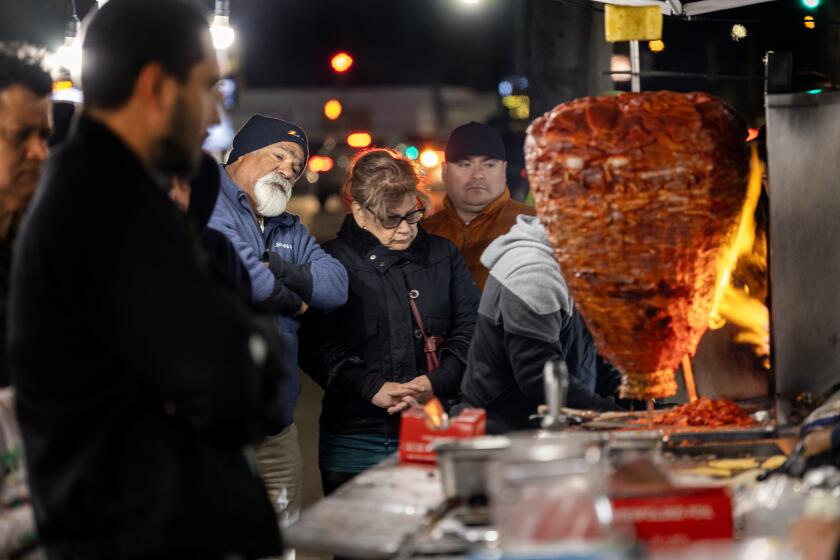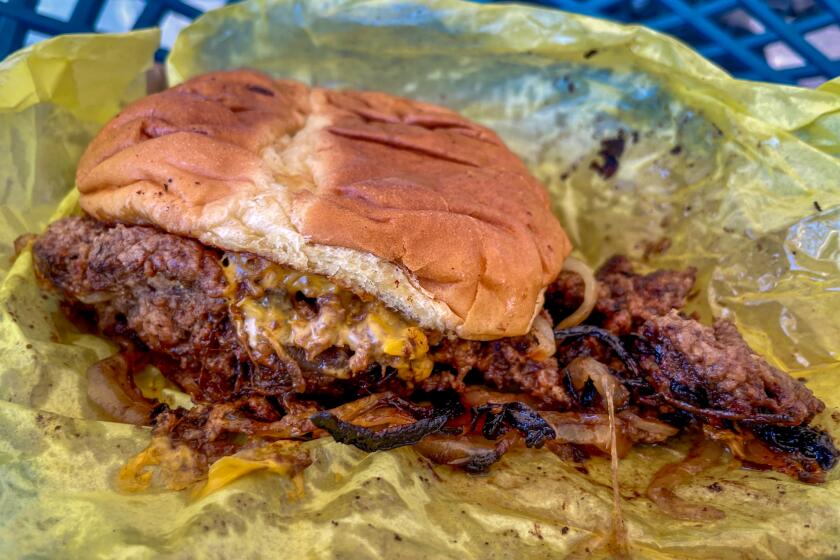Fraud Charged in Suit Against Wine Exchange : Investing: A lawyer for two men suing the firm calls it a “garden variety Ponzi scheme.” Company officials said no investor has ever lost money.
A class-action suit, filed in Los Angeles federal court, accuses a Westlake Village wine-investment company of defrauding investors of as much as $20 million.
Two investors, claiming to represent a “couple thousand” others, said the Wine Exchange told them that they were purchasing fine, young California wines at heavily discounted prices.
The Wine Exchange told its prospective customers that it would use investors’ money to purchase special wines from wineries, store them for aging and then resell the wine to hotel chains, cruise lines and restaurants at huge profits for investors.
In its telemarketing promotions and sales brochures, the company claims that such investments are virtually risk-free. It even tells investors that they can make profits without waiting for the wines to age. Wine Exchange officials said no investor has ever lost money and chalk the suit up to client impatience.
Although there have always been instances in which fine rare wines have been sold at enormous profit to their collectors/owners, in general, wines as an investment have not proven to be any safer or more profitable than other forms of investment. Wine as an investment remains a controversial topic in the wine industry and among wine connoisseurs.
The suit against the Wine Exchange claims that many investors repeatedly and fruitlessly asked the company to cash-out their investments and sell their wines. The suit was brought by an Orinda, Calif., investor, Ralph Tufts, and Robert Zinzer of Brookfield, Conn. Tufts purchased more than $25,000 worth of wine; Zinzer invested $1,890. Zinzer said he was told by the Wine Exchange that he could expect profit ranging from a minimum of 18.5% to as much as 30.4%.
“This was a scam,” said Herbert Beigel, whose law firm, Beigel & Sandler, filed the suit late last week on behalf of frustrated investors. “That’s the best way I can put it. It’s a garden variety Ponzi scheme.” The Wine Exchange, Beigel said, kept raising money from investors, and if some of them “squawked, they gave them money back and pretended they had sold the wine.”
The company, the Wine Exchange, was sued in 1990 by the State of Idaho for securities laws violations. In that case, Wine Exchange--which then called itself Wine Futures Exchange--was fined, ordered to return Idaho investors’ money and told not to do business in the state again unless it complied with the state’s securities regulations. Company officials said they agreed to the judgment rather than face litigation costs.
The Wine Exchange was formed in the early 1980s during a boom in appreciation for California wines and a general increase in consumption of the beverage. Its current chairman, Benton E. Lane, bought the company in 1985; shortly after, the boom collapsed. U.S. wine consumption has declined steadily since and the recession has further dried up the market for volume sales of wine.
Kenneth S. Gross, the company’s chief executive, said in the nearly seven years that Lane has owned the company, it has resold 8,000 cases of wine for its investors. However, the company has more than 123,000 cases of wine stored in a San Jose warehouse. Gross said of those, 20,000 to 25,000 cases are fully aged and ready to be sold.
Gross said the company expects to sell those aged wines by the end of the year, but acknowledged that it has no firm orders.
In its promotions, the company claims that all the wines it buys from wineries are of “superior ultra-premium vintage.” It calls its wines the “Robert Lawrence Balzer Selection of Fine Wines” because they are tasted and approved for purchase by Balzer, a longtime wine writer whose columns have appeared in the Los Angeles Times for 28 years.
Balzer, who writes for the Times Magazine under free-lance contract, said he takes no pay for his tasting and recommendations work for the Wine Exchange. “The Wine Exchange only buys premium quality wines with great aging potential. I see to that,” Balzer said. “I like to see good wines placed--that’s my role in life.”
Balzer said the company is “a thoroughly legitimate organization. I wouldn’t have anything to do with it if weren’t legitimate. There’s nothing fraudulent about it at all.”
More to Read
Eat your way across L.A.
Get our weekly Tasting Notes newsletter for reviews, news and more.
You may occasionally receive promotional content from the Los Angeles Times.






